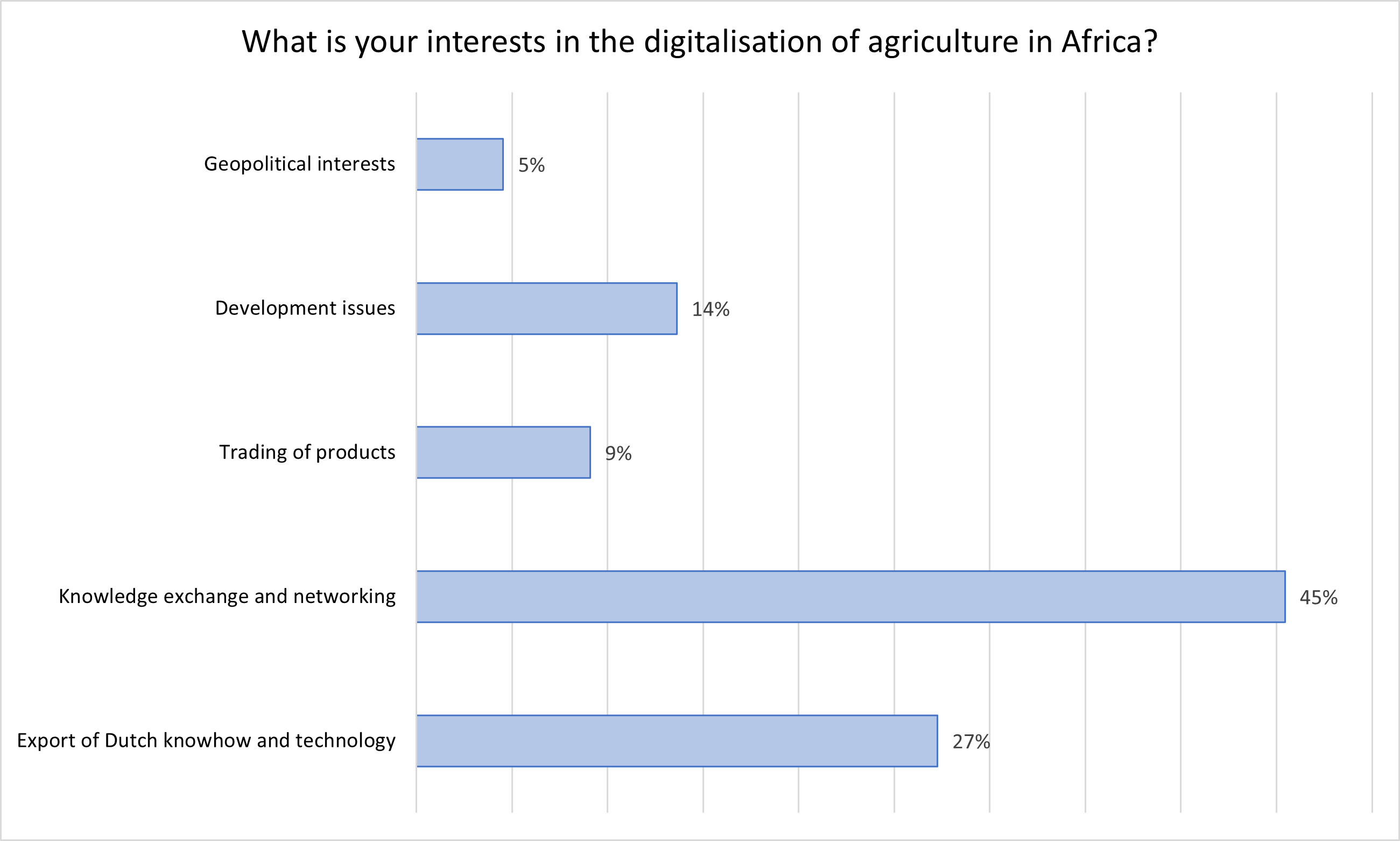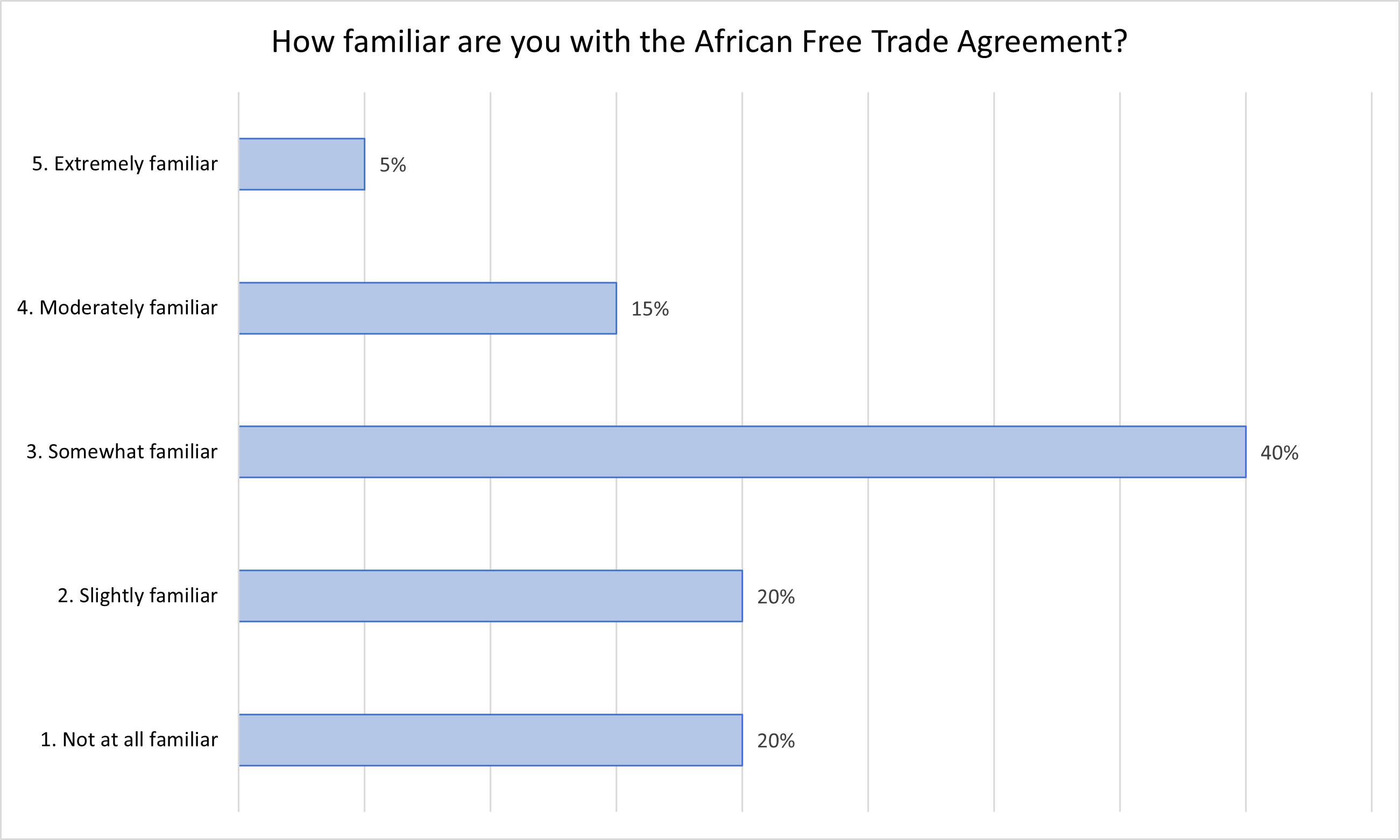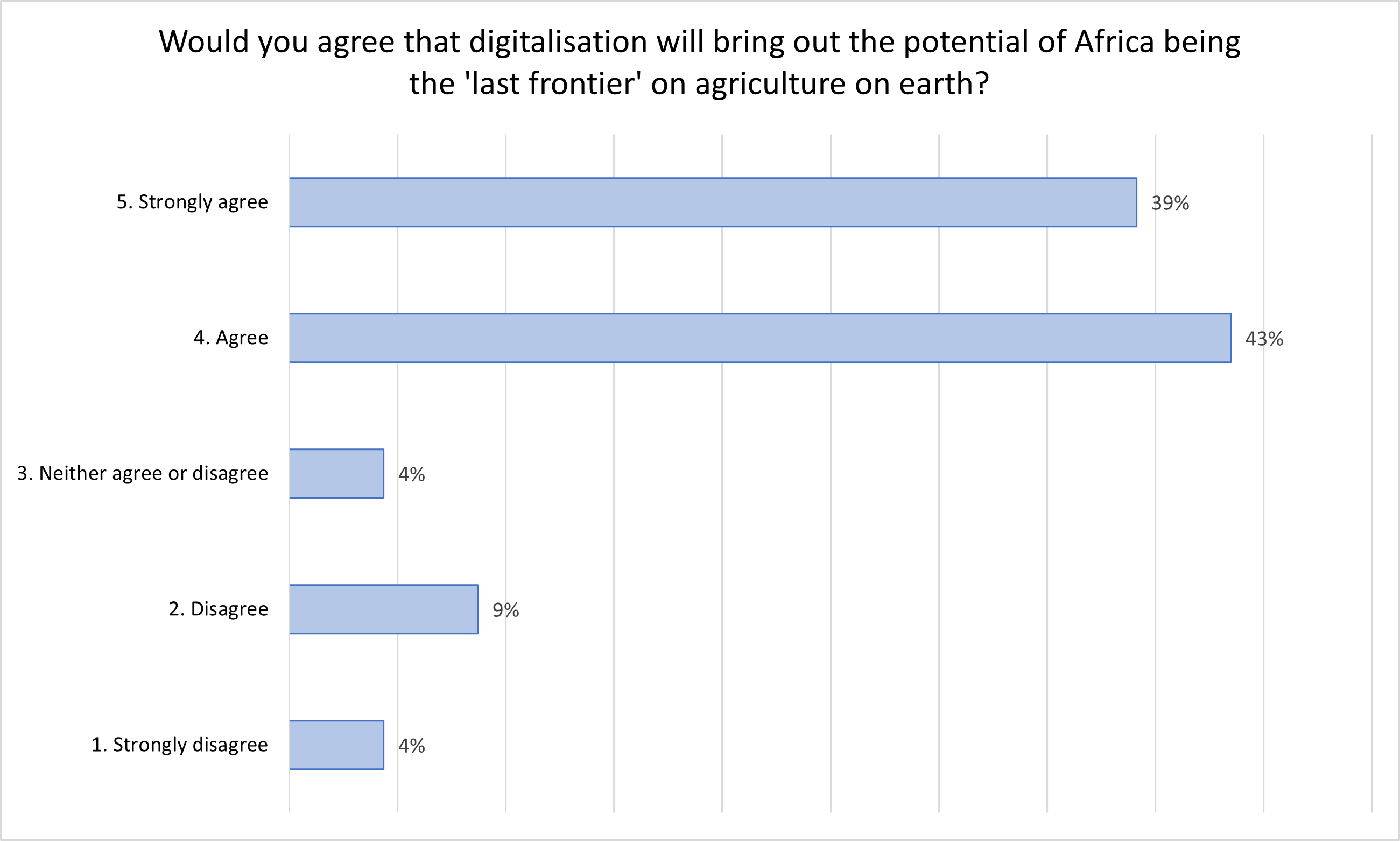Tiffany Tsui discusses with hands on expert Dutch strawberry grower and advisor Jan Robben, TRUE Code-developer Marjan de Bock-Smit, Victoria Madedor (African Farmers Stories), and Dr Ikechi Agbugba (Rivers State University, Nigeria) how recent border closures on the one hand and new trade opportunities on the other impact agriculture in Africa.
On behalf of Flevo Berry and Agriterra, Jan Robben assists Rwandan strawberry growers. He explains how he transfers his expertise in growing strawberries all over the globe, without being able to travel. And he explains the results: the farmers he is coaching get a far better price for their berries.
Victoria Madedor explains how African Farmers Stories creates a unique database of African farmers that will offer them visibility while stimulating trade and knowledge transfer to enhance their to produce and market their produce effectively. This will help facilitate agricultural trade by boosting competitiveness and improving an enabling environment for agribusiness, consolidate and expand Nigeria's and Africa's position in the World. The African Farmers Stories Agro Verified digital platform will collect and harness the details of farmers, landholdings, crops cultivated, animals reared, climatic factors at play in different geographies.
As Dr. Agbugba explains, the Free Trade Area solves language issues (Africans speak a wide variety of languages over a large multiracial continent) and currency issues. Although it is hardly known, the Lumia is Africa's universal currency to facilitate trade amongst nations.
Marjan de Bock-Smit's and the Consumer Goods Forum's True Code can help them create value by true transparency at plot and farmer's level. Marjan explains how a coffee case in Rwanda may turn into a robust example of the world to come: tracing beans or berries back to even the smallest farmer in the field and consumers far away being able to check with they got payed individually. The case will lead up to two new project Marjan intends to start in subsequent chats: how to create value by full TRUE coded transparency in Nigerian bananas and African carbon credits?
At 1:08 min. they were spontaneously joined by Memory Nyakwima Chakwita from Zimbabwe who showed the potential strawberry fields in which she would like to apply all that was discussed. It was a special moment in the informal part of the discussion, showing the potential of this way of connecting people, expertise and ideas.
The audience responded to a number of poll questions:
Victoria Madedor explains how African Farmers Stories creates a unique database of African farmers that will offer them visibility while stimulating trade and knowledge transfer to enhance their to produce and market their produce effectively. This will help facilitate agricultural trade by boosting competitiveness and improving an enabling environment for agribusiness, consolidate and expand Nigeria's and Africa's position in the World. The African Farmers Stories Agro Verified digital platform will collect and harness the details of farmers, landholdings, crops cultivated, animals reared, climatic factors at play in different geographies.
Although it is hardly known, the Lumia is Africa's universal currency to facilitate trade amongst nationsDr Ikechi Agbugba explains the African Continental Free Trade Area (AfCFTA). The free trade area was founded in 2018 and supposed to commence its procedures in Juli 2020. Because of the pandemic the actual start of the free trade zone commenced as of 1 January 2021. The AfCFTA was created among 54 of the 55 African Union nations. It is the largest free-trade area in the world in terms of the number of participating countries since the World Trade Organization was created. Its operational guidelines touch on crucial topics in food and agriculture, such Africa's deficient infrastructure, trade, transport regulation, regulatory cooperation, programmes for infrastructure development in agriculture (PIDAs), non tariff barriers amongst countries, value chain development and standards for quality assurance. The aim of the AfCFTA is to set Africa on the path to growth and development by creating value.
As Dr. Agbugba explains, the Free Trade Area solves language issues (Africans speak a wide variety of languages over a large multiracial continent) and currency issues. Although it is hardly known, the Lumia is Africa's universal currency to facilitate trade amongst nations.
Marjan de Bock-Smit's and the Consumer Goods Forum's True Code can help them create value by true transparency at plot and farmer's level. Marjan explains how a coffee case in Rwanda may turn into a robust example of the world to come: tracing beans or berries back to even the smallest farmer in the field and consumers far away being able to check with they got payed individually. The case will lead up to two new project Marjan intends to start in subsequent chats: how to create value by full TRUE coded transparency in Nigerian bananas and African carbon credits?
At 1:08 min. they were spontaneously joined by Memory Nyakwima Chakwita from Zimbabwe who showed the potential strawberry fields in which she would like to apply all that was discussed. It was a special moment in the informal part of the discussion, showing the potential of this way of connecting people, expertise and ideas.
The audience responded to a number of poll questions:
Poll Question #1


Poll Question #2


Poll Question #3


Related


